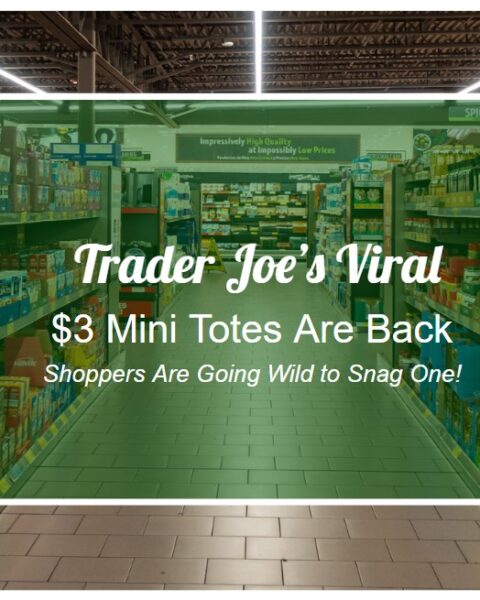
When it comes to wine shopping, Costco and Trader Joe’s are two giants in the game, each boasting their own affordable private-label wines. For those of us seeking a great Cabernet Sauvignon on a budget, the question remains: who delivers the best value?
Today, we pit Costco’s Kirkland Signature Cabernet Sauvignon against Trader Joe’s Charles Shaw (familiarly known as “Two-Buck Chuck”) to see which wine truly offers the better deal without sacrificing taste.
Trader Joe’s Charles Shaw Cabernet Sauvignon

Trader Joe’s Charles Shaw wines, affectionately nicknamed “Two-Buck Chuck,” have become synonymous with budget wine shopping. The Charles Shaw Cabernet Sauvignon, while a steal at around $4 a bottle, promises bold flavors and a classic Cab experience. It’s a go-to for many Trader Joe’s shoppers who are looking for everyday drinkable wine without breaking the bank.
Why We Love This Wine
One of the biggest draws to Charles Shaw Cabernet Sauvignon is, without a doubt, the price. For just under $4, you get a dependable bottle of red wine that pairs well with a variety of foods, from simple pasta dishes to burgers. It’s also a great choice for those who are stocking up for parties or looking for a cheap yet drinkable option for their weekday dinner table.
In terms of versatility, Charles Shaw doesn’t disappoint. It works well in wine-based cocktails, cooking, and even as a base for mulled wine or sangria. Despite its low price, it still offers enough flavor to make it a go-to for many budget-conscious shoppers.
Taste and Flavor Profile
Charles Shaw Cabernet Sauvignon offers a simple yet satisfying tasting experience. Upon the first sip, you’re greeted with mild fruitiness—think blackberries and cherries—complemented by soft tannins. The wine is light-bodied for a Cabernet, making it easy to sip casually without the intense complexity of higher-end options. However, it lacks the depth or richness that many Cabernet drinkers may expect from more premium bottles.
Tasting Notes
- Body: Light to medium
- Fruit flavors: Black cherry, plum
- Tannins: Soft, minimal grip
- Finish: Short, with a slightly sweet aftertaste
While it may not win any awards for being the boldest or most complex Cab, Charles Shaw delivers on affordability and accessibility. It’s a solid pick for casual dinners, parties, or cooking.
Nutritional Facts (per 5 oz serving)
- Calories: 120
- Alcohol by volume (ABV): 12.5%
- Carbohydrates: 4g
- Sugars: 1g
Ingredients
Like most wines, Charles Shaw Cabernet Sauvignon is made with minimal ingredients:
- Grapes
- Yeast
- Sulfites (for preservation)
How Does It Compare to Costco’s Kirkland Signature?
Kirkland Signature’s Cabernet Sauvignon is Costco’s answer to affordable wine lovers. Priced slightly higher than Charles Shaw at around $6.99, Kirkland’s version offers a fuller-bodied wine with more prominent tannins and deeper fruit flavors. It tends to have a higher ABV (around 14%) and a more complex profile, making it a more robust option for those looking for a richer Cabernet.
Where Charles Shaw may be best suited for casual sipping or large gatherings, Kirkland Signature Cabernet offers a little more elegance and structure. It pairs well with heavier meals like steaks or roasts, whereas Charles Shaw excels with lighter fare.
Final Verdict
So, which Cabernet offers the better value? It depends on what you’re looking for. Trader Joe’s Charles Shaw Cabernet Sauvignon is unbeatable in terms of price. At just $3.99 a bottle, it’s a fantastic everyday wine for casual sipping and large parties. However, if you’re after a richer, fuller-bodied wine with more complexity, Costco’s Kirkland Signature Cabernet Sauvignon may be worth the extra few dollars.
Both wines deliver excellent value for the price, but Charles Shaw’s extreme affordability makes it hard to beat for budget-conscious wine lovers. For those willing to spend a little more, Kirkland Signature is a step up in quality and depth.
In the end, the real winner depends on your taste and budget, but there’s no doubt that both Costco and Trader Joe’s offer incredible value when it comes to Cabernet Sauvignon.






